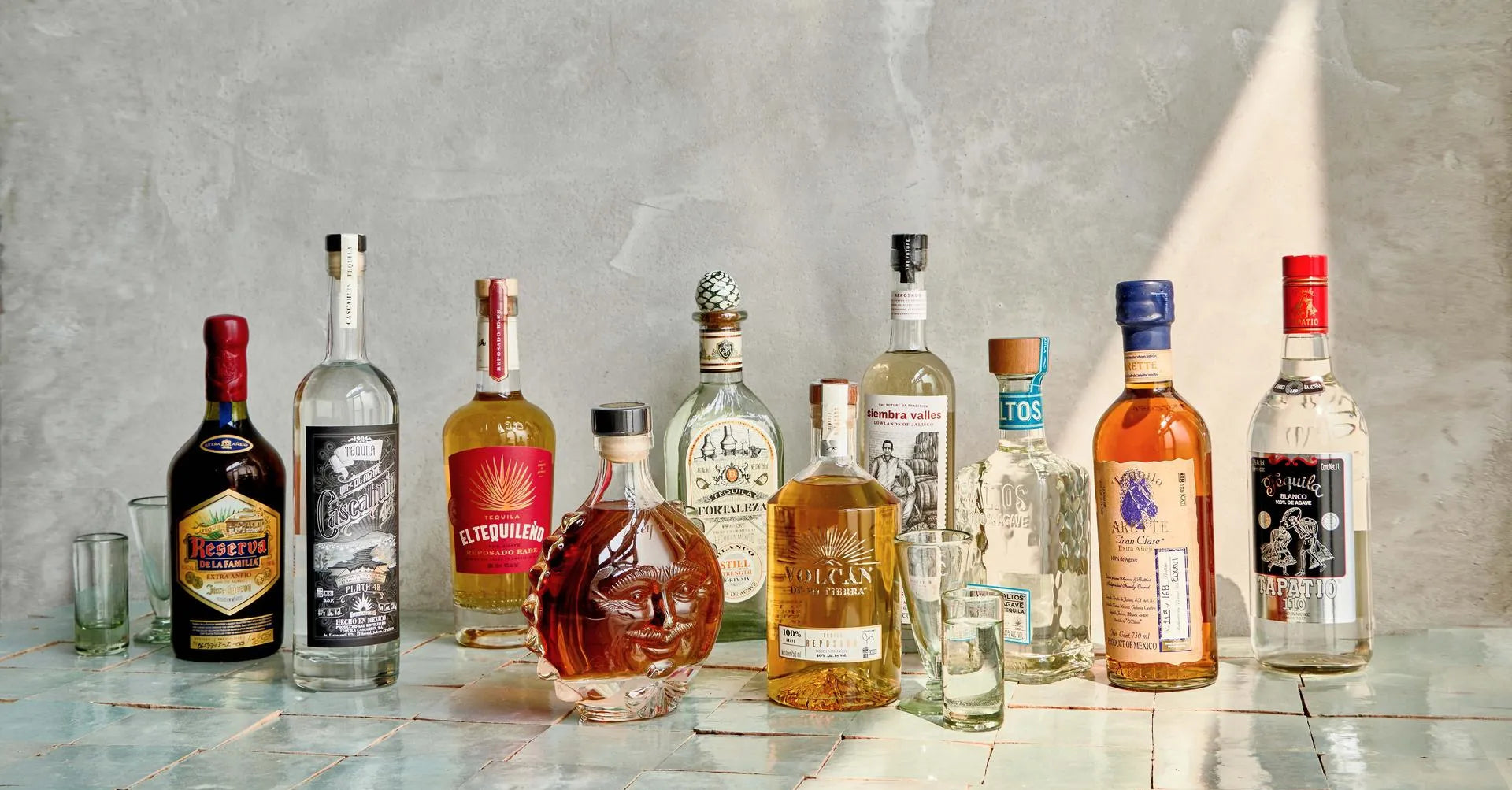All bourbon is whiskey, but not all whiskey is bourbon.
Bourbon is a specific style of American whiskey with strict legal rules. “Whiskey” (or “whisky”) is the broader category that includes bourbon, rye, Scotch, Irish whiskey, Japanese whisky, and more.
What makes bourbon… bourbon?
To be labeled bourbon (U.S. law):
-
Made in the United States (not just Kentucky—though many bourbons are from there).
-
Mash bill ≥ 51% corn (the rest can be rye, wheat, malted barley, etc.).
-
Distilled to ≤ 160 proof (80% ABV).
-
Barreled at ≤ 125 proof (62.5% ABV).
-
Aged in new, charred oak barrels (always new; always charred).
-
Bottled at ≥ 80 proof (40% ABV).
-
No flavoring or coloring added (only water to proof down).
Labels you’ll see:
-
“Straight bourbon”: aged ≥ 2 years (if under 4 years, must state the age).
-
“Bottled-in-Bond”: one distilling season, one distillery, 100 proof, aged ≥ 4 years.
Flavor profile: generally richer and sweeter—think vanilla, caramel, toffee, baking spice—thanks to the high corn content and charred new oak.
So what is “whiskey” then?
Whiskey is the umbrella term for grain-based spirits distilled and aged in wood. It includes many styles with their own rules and traditions:
-
Rye whiskey (U.S.): mash bill ≥ 51% rye; spicier/peppery notes.
-
Tennessee whiskey: essentially bourbon made in Tennessee, typically filtered through charcoal (the Lincoln County Process) before aging—adds smoothness.
-
Scotch whisky: made in Scotland, usually from malted barley; aged in oak ≥ 3 years; flavors range from honeyed to smoky/peaty.
-
Irish whiskey: made in Ireland, often triple-distilled; typically smooth, light, and approachable.
-
Japanese whisky: inspired by Scottish methods; often elegant, subtle, and oak-nuanced.
Key takeaway: bourbon is one member of the whiskey family—alongside the styles above.
Bourbon vs. whiskey: quick comparison
| Topic | Bourbon | Other Whiskey (examples) |
|---|---|---|
| Where | Must be U.S. | Global (Scotland, Ireland, Canada, Japan, U.S., etc.) |
| Grains | ≥51% corn (plus rye/wheat/barley) | Varies: rye ≥51% rye; Scotch = barley; Irish = barley + grains |
| Barrels | New, charred oak only | Often used barrels; rules vary by country/style |
| Additives | None allowed (water only) | Varies by style/country (e.g., some allow caramel coloring) |
| Typical taste | Vanilla, caramel, sweet oak, baking spice | From light and floral to smoky/peaty or spicy/rye-forward |
How to choose: bourbon or another whiskey?
-
Like sweeter, rounder flavors? Start with bourbon (try “straight bourbon” for classic character).
-
Prefer spice and bite? Try rye.
-
Curious about smoky/savory notes? Explore Islay Scotch.
-
Want ultra-smooth, easy sipping? Look at Irish whiskey or some Japanese malts/blends.
Great cocktails to try
-
Bourbon: Old Fashioned, Boulevardier, Whiskey Sour, Mint Julep
-
Rye: Manhattan (spicier), Sazerac
-
Scotch: Penicillin, Rob Roy
-
Irish: Irish Coffee, Whiskey Ginger
FAQs
Is Jack Daniel’s bourbon?
It’s labeled Tennessee whiskey. It meets many bourbon requirements but undergoes charcoal mellowing and is made in Tennessee; the brand chooses the Tennessee whiskey designation.
Does bourbon have to be from Kentucky?
No. It must be made in the U.S., but many iconic bourbons are from Kentucky.
Why is bourbon sweeter?
The corn-heavy mash and new charred oak (which releases vanillin and caramelized wood sugars) create round, sweet flavors.
What’s “straight” bourbon or whiskey?
“Straight” means aged at least 2 years with no additives. If under 4 years, the label must show the age.
Bottom line
They’re related—but not the same. Bourbon is a legally defined type of American whiskey with strict rules that shape its signature sweet, oaky profile. If you enjoy richer vanilla-caramel notes, bourbon’s your lane; otherwise, the wider world of whiskey offers plenty of other styles to explore.



